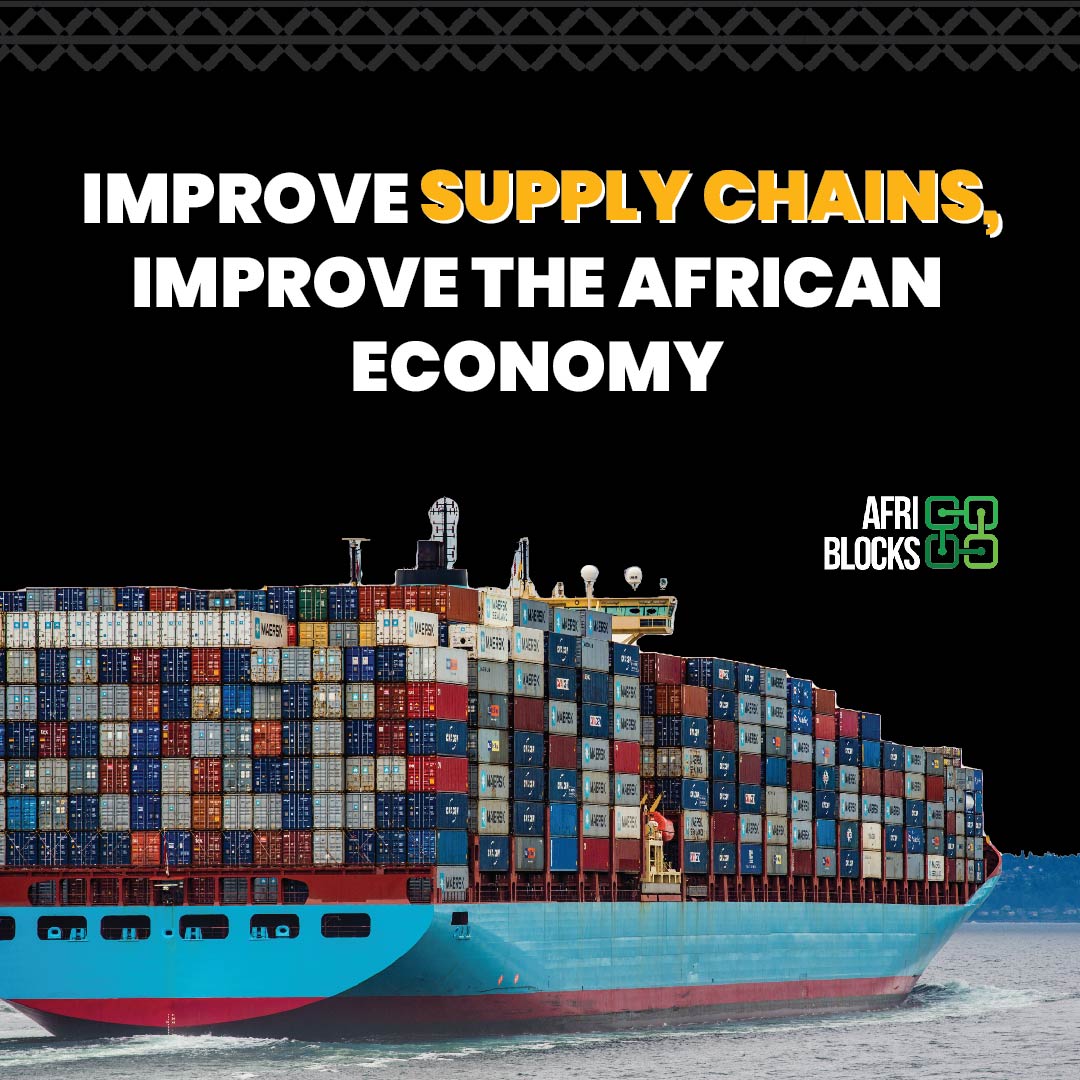
AfriBlocks Network
In recent years, sustainability has emerged as a critical consideration for businesses worldwide. In Africa, this paradigm shift towards sustainable business practices is gaining momentum, driven by the recognition of the continent's unique environmental, social, and economic challenges. Embracing sustainability is not only crucial for addressing these challenges but also for unlocking new opportunities, driving innovation, and ensuring a prosperous future for Africa and its people.
Addressing Environmental Challenges
Africa is home to diverse ecosystems and abundant natural resources, making the preservation of its environment a top priority. Sustainable business practices in Africa focus on minimizing environmental impact, conserving resources, and promoting responsible consumption and production. From renewable energy projects to waste management initiatives, African businesses are increasingly adopting sustainable practices to reduce carbon emissions, protect biodiversity, and mitigate the effects of climate change.
Promoting Social Development
Sustainability in African business practices extends beyond environmental considerations to encompass social development. African businesses are recognizing the importance of inclusivity, fair labor practices, and community engagement. By promoting gender equality, providing decent work and fair wages, and supporting local communities, businesses can contribute to poverty alleviation, enhance social well-being, and foster sustainable economic growth.
Driving Economic Growth
Sustainability is not just an ethical imperative; it is also an economic opportunity. African businesses that prioritize sustainability can gain a competitive advantage by appealing to socially conscious consumers and investors. By integrating sustainable practices into their operations, businesses can reduce costs, improve efficiency, and attract long-term investment. Furthermore, sustainable business practices can stimulate innovation, entrepreneurship, and job creation, contributing to economic diversification and resilience.
Harnessing Renewable Energy
One area where sustainability is making significant strides in Africa is renewable energy. With its vast solar, wind, and hydroelectric potential, Africa has the opportunity to leapfrog traditional energy sources and embrace clean, sustainable alternatives. By investing in renewable energy projects, African businesses are not only reducing their environmental footprint but also addressing energy poverty and promoting energy access for all. This transition to renewable energy sources can catalyze economic growth, create employment opportunities, and improve the quality of life for millions of Africans.
Collaboration and Partnerships
Achieving sustainability goals in African business practices requires collaboration and partnerships between governments, businesses, civil society, and international stakeholders. By working together, these stakeholders can share knowledge, resources, and best practices, driving systemic change and creating an enabling environment for sustainable business practices to thrive. Public-private partnerships can play a crucial role in supporting sustainable initiatives, providing funding, expertise, and regulatory frameworks that encourage responsible business practices.
The Role of Technology
Technology is a powerful enabler of sustainability in African business practices. From digital platforms that facilitate transparency and traceability in supply chains to innovative solutions for water management and agriculture, technology is driving sustainable development across various sectors. African businesses are embracing digitalization, leveraging mobile technology, and harnessing data analytics to optimize resource use, reduce waste, and enhance operational efficiency.
Education and Awareness
To foster a culture of sustainability, education, and awareness are essential. African businesses are investing in training programs and capacity-building initiatives to equip employees with the knowledge and skills needed to implement sustainable practices. Furthermore, businesses are engaging in public awareness campaigns to educate consumers about the importance of sustainable choices and the positive impact they can have on communities and the environment.
The role of sustainability in African business practices is pivotal for the continent's future. By adopting sustainable practices, African businesses can address environmental challenges, promote social development, and drive economic growth. Through collaboration, technology adoption, and education, businesses can create a sustainable business ecosystem that benefits both present and future generations. As Africa continues to embrace sustainability, it has the potential to become a global leader in responsible and inclusive business practices, setting an example for the rest of the world to follow.
Backed by TechStars and Google; AfriBlocks equips users with a talent platform that streamlines the process of connecting with top affordable African freelancers. Making it easier to find, vet, hire, and pay African talent.
Post A Job to support: https://afriblocks.com/request-a-service










